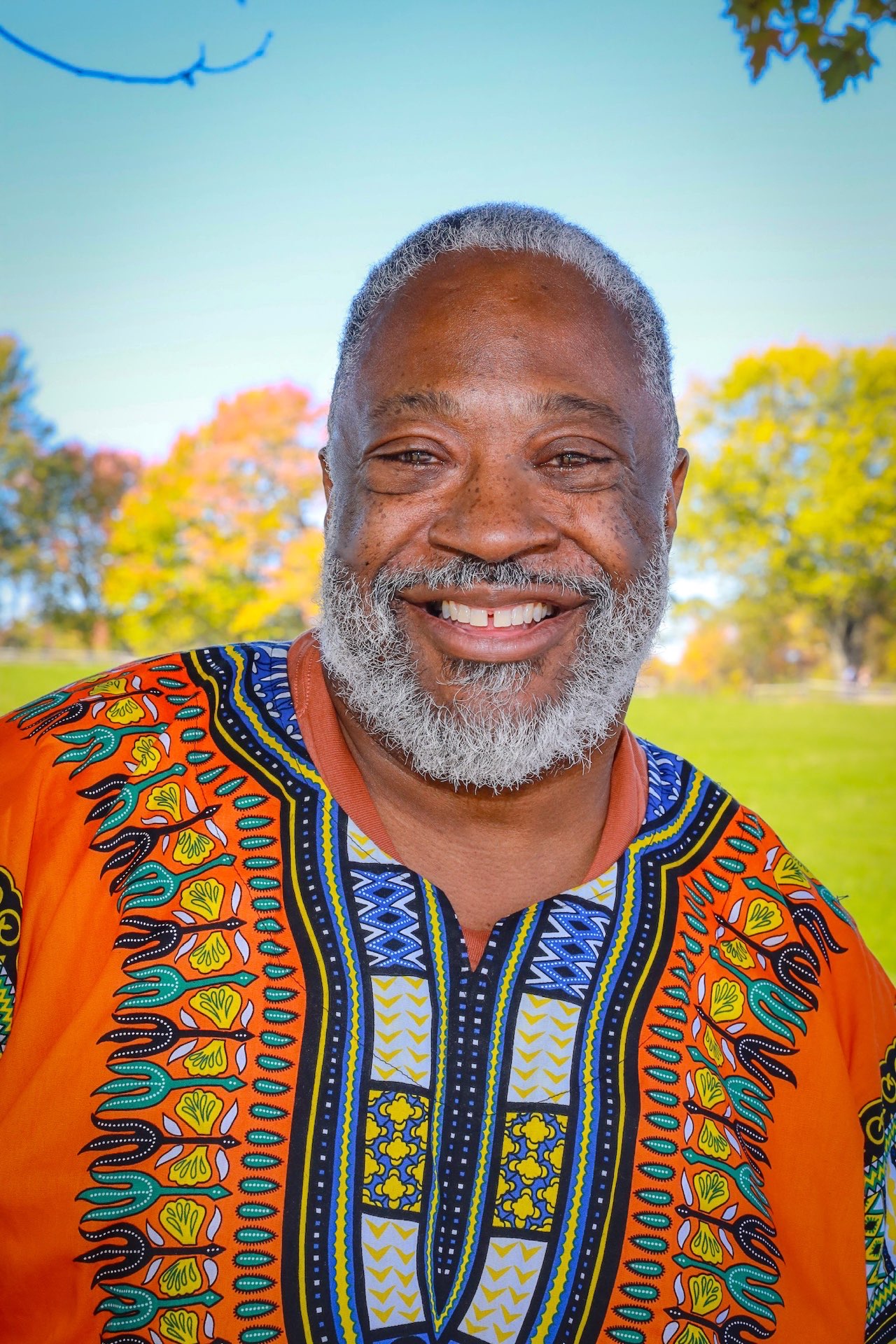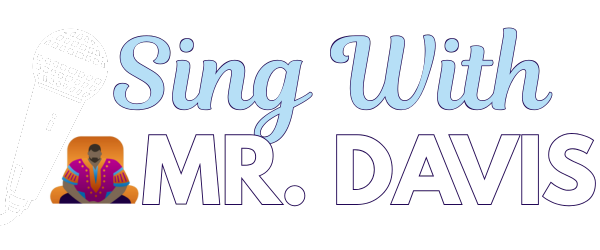The Vocal Journal
blog
The Body Tells the Truth
You can often hear what a singer looks like before they step on stage, but you can also see what they sound like. The body always gives you information: how they stand, where they hold tension, how they walk to the mic. You don’t need to hear a single note to know something about the voice.
Why Posture Is the First Vocal Habit
Singers don’t always realize that sound begins before breath. The body sends the first message. If your neck is tight or your jaw is clenched, your tone will reflect it. If your feet are unstable, your breath won’t anchor. Good posture is not about standing tall. It’s about telling the body, “We are ready to support sound.”
Stillness Isn’t Stiffness
Some singers over-correct and freeze their bodies. But being still is not about being locked. Stillness means grounded awareness. It’s the kind of calm that lets your breath move freely and your thoughts stay clear. If your body is racing, your tone will too.
Where the Voice Hides Stress
The voice doesn’t lie. Even when the tone sounds good, it can still carry tension. You might hear it in the jaw, the tongue, or the back of the neck. You can also hear it in how a phrase ends. Does it fade, push, or collapse? These are clues from the body about how the voice is being held.
Body, Breath, Then Tone
My students know the order: First, the body supports the breath. Then the breath moves the tone. When singers skip the body and try to “just sing,” the voice gets disconnected. If something is off (physically, mentally, or emotionally), it will show up in the voice.
When You Don’t Know What’s Wrong
There are days when the voice feels off and you can’t explain why. That’s when you check the body. It might be how you slept, what you ate, or the posture you held all day. Sometimes it’s not about fixing. It’s about noticing. Then you can give the body what it needs so the voice can follow.
Want Help Connecting Body and Voice?
If you’re ready to sing from a place that feels grounded and true, I can help you build healthy habits that match your real voice.
🎤 Ready to Take Your Voice to the Next Level?
Reading about singing is just the start. Real growth happens when you train with a coach who listens, guides, and tailors each step to your voice.
Looking for more? Explore full lesson packages:

About Mr. Davis
I’m George L. Davis II, a vocal coach with over 20 years of experience helping singers unlock their true sound. My students perform on stage, in studios, and in life with confidence and freedom. Learn more about lessons →
The Vocal Journal
blog
The Body Tells the Truth
You can often hear what a singer looks like before they step on stage, but you can also see what they sound like. The body always gives you information: how they stand, where they hold tension, how they walk to the mic. You don’t need to hear a single note to know something about the voice.
Why Posture Is the First Vocal Habit
Singers don’t always realize that sound begins before breath. The body sends the first message. If your neck is tight or your jaw is clenched, your tone will reflect it. If your feet are unstable, your breath won’t anchor. Good posture is not about standing tall. It’s about telling the body, “We are ready to support sound.”
Stillness Isn’t Stiffness
Some singers over-correct and freeze their bodies. But being still is not about being locked. Stillness means grounded awareness. It’s the kind of calm that lets your breath move freely and your thoughts stay clear. If your body is racing, your tone will too.
Where the Voice Hides Stress
The voice doesn’t lie. Even when the tone sounds good, it can still carry tension. You might hear it in the jaw, the tongue, or the back of the neck. You can also hear it in how a phrase ends. Does it fade, push, or collapse? These are clues from the body about how the voice is being held.
Body, Breath, Then Tone
My students know the order: First, the body supports the breath. Then the breath moves the tone. When singers skip the body and try to “just sing,” the voice gets disconnected. If something is off (physically, mentally, or emotionally), it will show up in the voice.
When You Don’t Know What’s Wrong
There are days when the voice feels off and you can’t explain why. That’s when you check the body. It might be how you slept, what you ate, or the posture you held all day. Sometimes it’s not about fixing. It’s about noticing. Then you can give the body what it needs so the voice can follow.
Want Help Connecting Body and Voice?
If you’re ready to sing from a place that feels grounded and true, I can help you build healthy habits that match your real voice.



